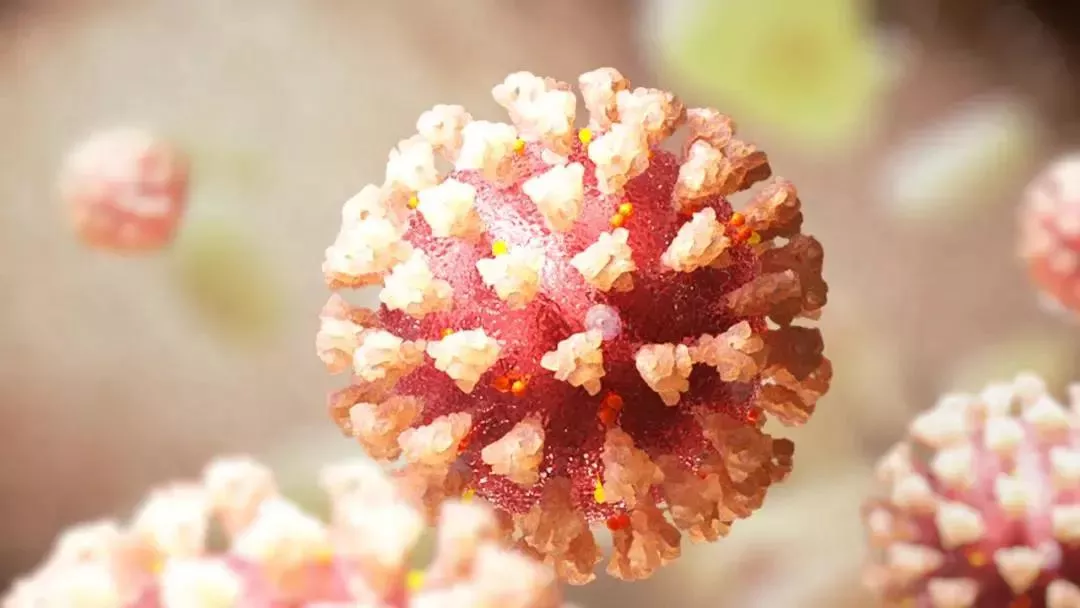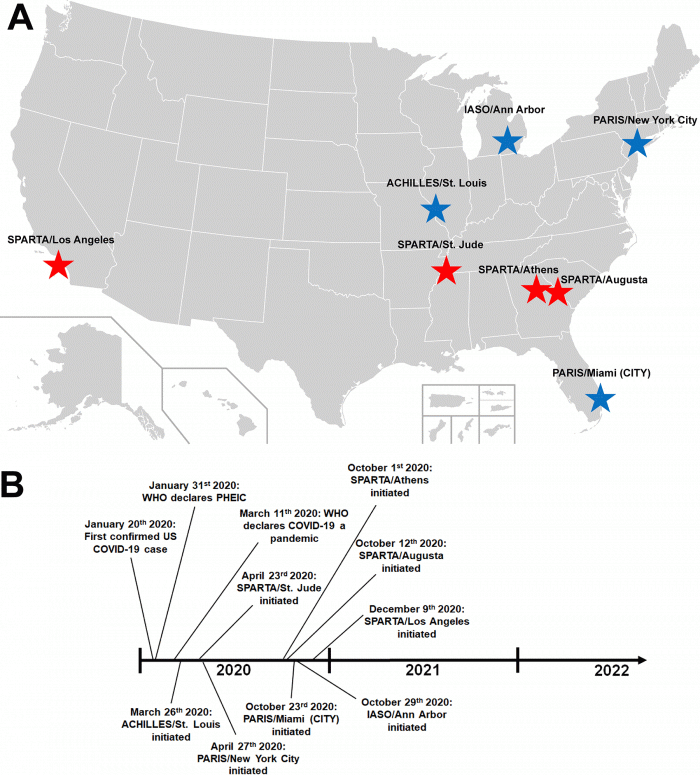Through a joint study of eight cohorts across the United States, a team of researchers accelerated the collection of data, which is indispensable to answer the question of immune response required for long-term protection against sars-cov-2 (the virus that causes covid-19)** On May 19, 2022, American Society of Microbiology's open Journal msphere 》The description of queues, the detection methods used and the definition of events are reported on.

Longitudinal observational studies (studies using continuous or repeated measurements to track specific individuals for a long time) are crucial to answer the important question of the persistence and effectiveness of the immune response against sars-cov-2 coronavirus. Usually, the longitudinal data of a single queue or the number of participants is limited, so it is impossible to draw a strong conclusion. In order to overcome these limitations, researchers established a unified and independent cohort Paris (protection related to rapid immunization against sars-cov-2) and Sparta (SARS seroprevalence and respiratory tract assessment) in different geographical locations in the United States. These queues provide a flexible and fast way to build a network suitable for collecting biological samples and other data.
Dr. Florian krammer, senior research author and professor of Microbiology and pathology at Mount Sinai Icahn Medical College, said: "we started the Paris cohort at Mount Sinai Icahn medical college because we want to know three things: how long the antibody response to sars-cov-2 lasts during infection, whether the antibody response can prevent reinfection, and how many antibodies are needed to protect individuals."

"When you have a new virus, it is very important to study the immune response to the infection itself over time, to see the protective effect of the immune response induced by infection, and to study what happens after people are vaccinated," added viviana Simon, M.D., the lead author of the study and professor of Microbiology, infectious diseases and pathology at Icahn Medical College in Sinai.
In the new study, in order to understand the reinfection rate of sars-cov-2 and related factors of protection, scientists established eight different longitudinal cohorts in 2020 under the framework of Paris /sparta study. These cohorts included seropositive and seronegative high-risk infections. The initial Paris study focused on medical staff in New York City, which was one of the early "epicentres" of the American pandemic. However, other cohorts were not only for medical staff, but also for other populations, including colored communities, emergency workers and students.
With the rapid promotion of sars-cov-2 covid-19 vaccine in the United States in mid December 2020, many cohorts are now tracking the immune response of seronegative and seropositive individuals to the vaccination. There were 8741 participants in the 8 queues. In all 8 cohorts, researchers tracked individuals with and without covid-19 at least every 2 months by collecting data and biological samples to measure immune responses (e.g., antibody responses to the spike protein of sars-cov-2).
Dr krammer said: "we see that the antibody response of previously infected individuals is relatively stable, and they are protected from reinfection unless the new infection is the Omicron variant." The team analyzed the immune responses of previously infected individuals and those who had not been infected. Researchers have shown that previously infected people have a very rapid immune response even after one shot of vaccine. Dr krammer said: "vaccination can improve your protective capacity and provide better immunity."